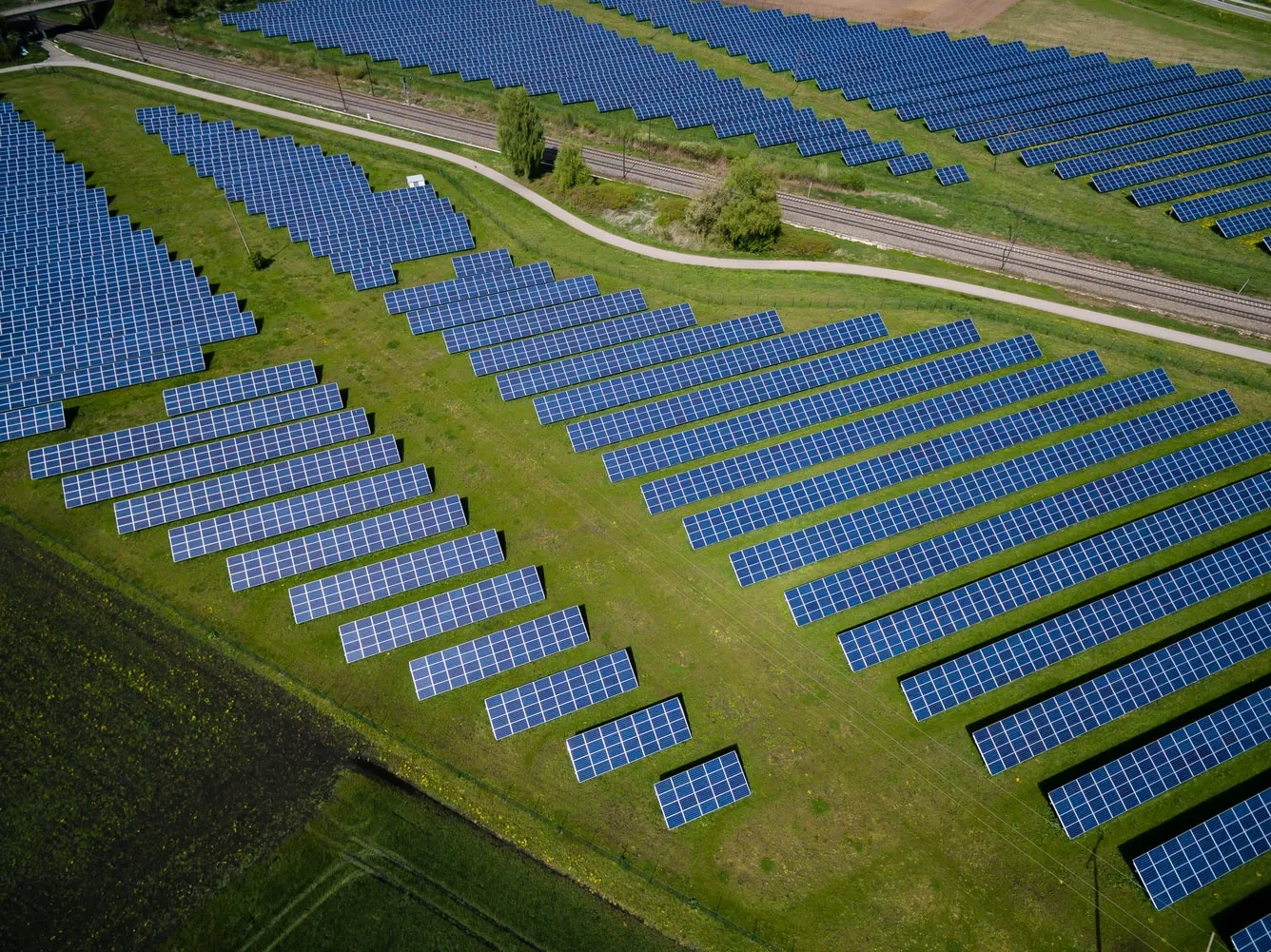Following approval by the Dáil, the Climate Action and Low Carbon Development (Amendment) Act 2021, is expected to be approved by the Seanad shortly and become law in July. The re-constituted Climate Change Advisory Council (CCAC), Chaired by Marie Donnelly, will then propose to Minister Eamon Ryan a detailed economy-wide carbon budget for the period 2021-25, and budgets for the periods (2025-30) and (2030-35), in line with a 51% reduction by 2030 and a net-zero target by 2050. The 2021 Climate Action Plan, which was consulted on earlier this year, will represent the Minister’s response to the CCAC proposals and will outline sectoral targets and a detailed plan for emission reduction in each sector. The Minister will have at least four months to secure Oireachtas approval for CAP 2021 once published, with scope for two additional months if needed, which means there is sufficient time available for the Minister to complete the CAP in advance of COP 21 in Glasgow at the end of this year.
The latest EPA research confirms that despite COVID restrictions contributing to a 6% reduction in overall emissions between 2019-20, Ireland fell well short of its non-ETS target for 2020 and will need to use credits or purchase excess allowances from other MS to achieve compliance. With additional measures, including 2019 CAP actions, the EPA predicts that Ireland will achieve a 1.8% annual reduction over the period to 2030, far short of the 7% target and underlining the emission reduction challenge that lies ahead. It is expected that the 2021 CAP will make allowances for agriculture and emission reduction limitations in transport, which could mean that energy industries, including power generation, will be asked to continue to shoulder much of the heavy lifting over the period. It is worth recalling here that energy industries accounted for 60% of Ireland’s overall 15% emission reduction between 2005 and 2018. The EPA now projects emissions in this sector to reduce by a further one-third on 2019 levels over this decade, which includes the 2019 CAP target for 70% of electricity consumption to derive from renewables by 2030. This week, WEI has published a report with Baringa partners, titled ‘Endgame’, which charts a path to an 80% reduction in power generation emissions over the decade and net zero emissions by 2035.
EU ambition to achieve a 55% reduction by 2030, and to be the world’s first carbon-neutral continent will be translated into national commitments to be detailed in a revised Emissions Sharing Regulation (ESR) which will be published on 14th of July as part of the EU’s “fit for 55%” package of measures and legislation. Under the domestic regime in Ireland, individual Ministers will be responsible to the Oireachtas for progress towards the carbon budgets allocated to their sector on an annual basis. At the EU level, Ireland will be responsible for reaching greenhouse gas emissions targets on an annual basis and meeting periodic renewable energy milestones.

